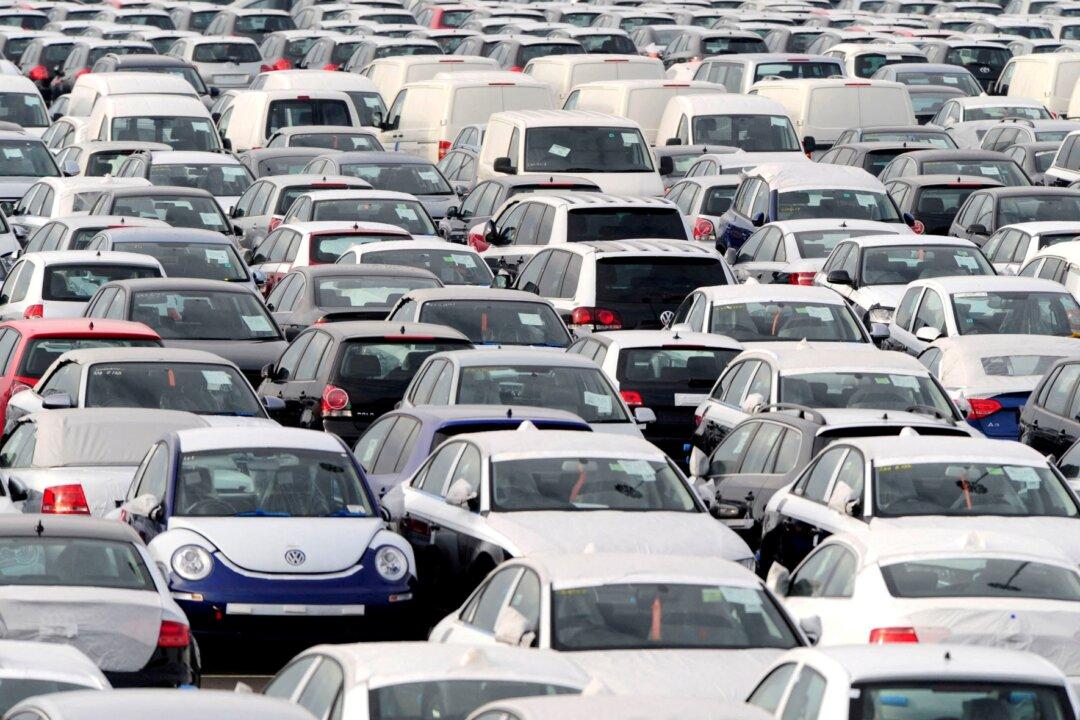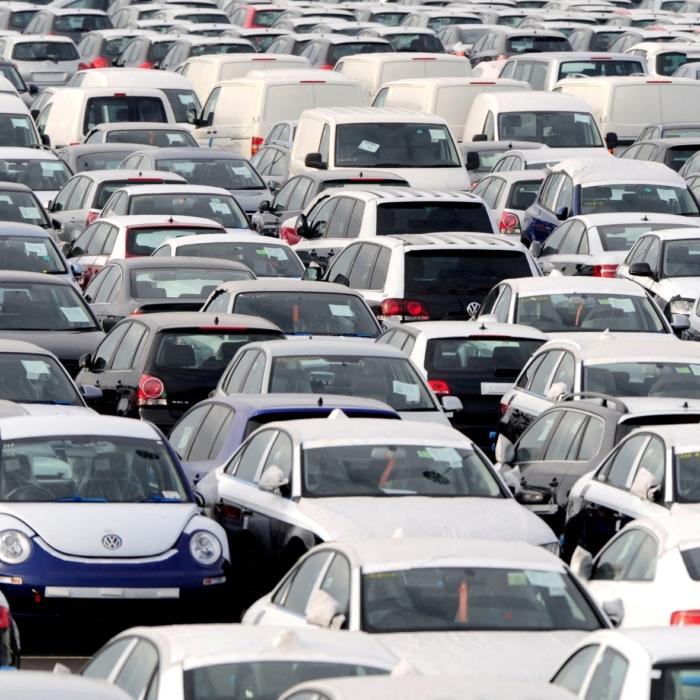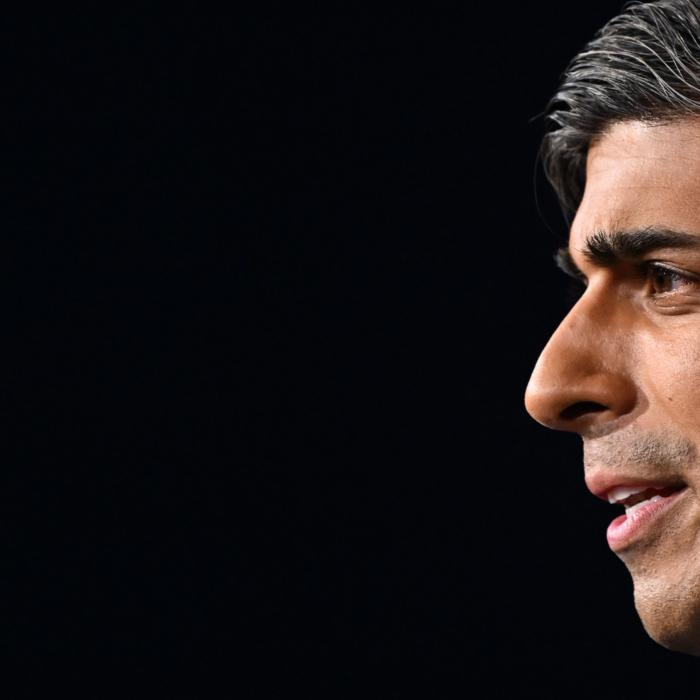With all election manifestos now published, a ban on new petrol and diesel cars by 2030 will almost certainly be on the next government’s legislative agenda, if it is to follow through on its electoral promises.
However, ahead of the July 4 election, opposition parties—apart from Reform—have vowed to bring that nearer.
Restoring the Phase-Out Date
In its manifesto, Labour, which is the favourite to win the election, said that it “will support the transition to electric vehicles by accelerating the rollout of charge points, giving certainty to manufacturers by restoring the phase-out date of 2030 for new cars with internal combustion engines, and supporting buyers of second-hand electric cars by standardising the information supplied on the condition of batteries.”‘Consumers Need Carrots, Not Sticks’
The Society of Motor Manufacturers and Traders (SMMT), which supports and promotes the interests of the UK automotive industry, said that “consumers need carrots, not sticks.”Mike Hawes, SMMT chief executive, told The Epoch Times by email, “Manufacturers are committed to a zero-carbon new vehicle market and are investing billions, with more than 125 car and van models across all segments and price points already available, and many more on the way.”
He said that thanks to this “growing choice, the EV market has grown rapidly but concerns over affordability and charging accessibility remain significant barriers.”
Attack
However the push to ban ICE vehicles has been called an “obsession” by campaigners.The Together Declaration, co-founded by Alan Miller, was formed in 2021 in response to COVID-19 measures with the mission to “push back against the rapidly growing infringements on our rights and freedoms.”
Mr. Miller told The Epoch Times that ICE vehicle bans are an “attack” on freedoms.
“It’s an attack on us all, on car drivers, on citizens based on the idea that what you do is you impose, pass new laws and rules rather than have innovation that transforms transport,” he said.
Greens Want Transition to EVs Sooner
Green Party Co-leader Adrian Ramsay told The Epoch Times by email that “those who can afford it are increasingly switching to electric cars. But they’re not yet accessible to all.”“The market needs to transition, and the motor industry needs the confidence to invest to bring both EVs and the charging infrastructure to market, at scale, and for it to be affordable,” he said.
Mr. Ramsey said that Green Party policy “sets out an ambitious timeframe in which they could do that.”
“But even then, this will allow after 2027 for many second-hand petrol and diesel cars for sale for those want them. Greens would like to see the transition to EVs happen sooner rather than later both to reduce emissions and also toxic levels of urban air pollution,” he added.
The Epoch Times contacted Labour, the Conservatives, and the Lib Dems for comment.







